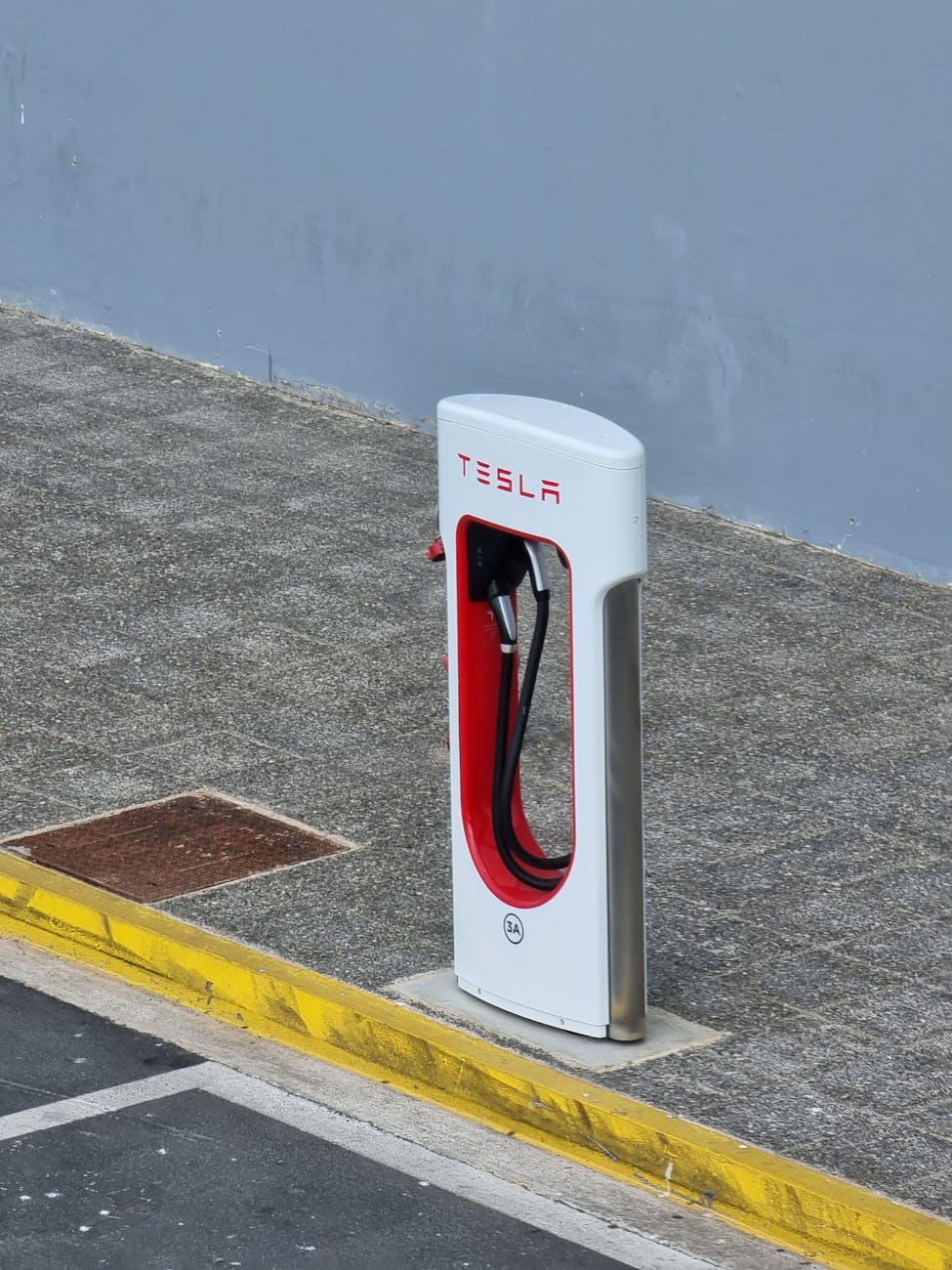Regulators Scrutinize Tesla’s Crash Reporting, Raising Questions About Autopilot Data Integrity
Federal watchdogs are investigating the electric vehicle manufacturer’s data submission practices concerning its advanced driver-assistance systems.
The National Highway Traffic Safety Administration (NHTSA), the United States’ primary road safety regulator, has initiated a probe into Tesla’s reporting of crashes involving its Autopilot and Full Self-Driving (FSD) software. The investigation centers on allegations that Tesla has failed to properly and promptly report data related to incidents where these advanced driver-assistance systems were engaged.
A Brief Introduction On The Subject Matter That Is Relevant And Engaging
At the heart of this federal inquiry lies a fundamental question of transparency and accountability in the rapidly evolving landscape of autonomous driving technology. Tesla, a pioneer in the electric vehicle market, has heavily promoted its Autopilot and Full Self-Driving systems, positioning them as cutting-edge advancements designed to enhance safety. However, these latest developments from NHTSA suggest a potential disconnect between Tesla’s public messaging and its compliance with regulatory reporting requirements. The probe, focusing on the timeliness and completeness of crash data submissions, directly impacts the public’s trust in the safety of these sophisticated systems and the effectiveness of regulatory oversight.
Background and Context To Help The Reader Understand What It Means For Who Is Affected
NHTSA’s mandate includes collecting and analyzing data on vehicle safety, particularly concerning emerging technologies. The agency has previously established reporting requirements for manufacturers of vehicles equipped with advanced driver-assistance systems (ADAS) like Tesla’s Autopilot and FSD. These systems, while not fully autonomous, are designed to assist drivers by controlling steering, acceleration, and braking under certain conditions. Crashes involving vehicles using these systems are crucial data points for NHTSA to understand their real-world performance, identify potential hazards, and inform future safety standards.
The core of NHTSA’s current concern, as outlined in a recent notice, is that Tesla has submitted crash data months after the incidents occurred. This delay in reporting can significantly hamper NHTSA’s ability to conduct timely investigations into the circumstances of these crashes, especially those where ADAS is suspected to be a contributing factor. The delay means that crucial evidence, such as sensor data and system logs from the vehicle at the time of the crash, might be less accessible or even degraded by the time regulators can examine it.
This impacts a wide range of stakeholders. For consumers who rely on these systems, it means their safety data might not be being analyzed as efficiently as possible. For accident victims and their families, it could affect the clarity of an accident’s cause if ADAS was involved. For Tesla, it poses the risk of further scrutiny, potential penalties, and damage to its reputation. Ultimately, for the entire automotive industry, it highlights the challenges in establishing robust and transparent data reporting frameworks for advanced driver-assistance technologies.
In Depth Analysis Of The Broader Implications And Impact
The NHTSA probe into Tesla’s crash reporting practices carries significant implications that extend beyond this specific investigation. Firstly, it underscores the ongoing challenge of regulating rapidly advancing automotive technologies. As vehicles become more sophisticated, equipped with complex software and AI, traditional methods of data collection and analysis may prove insufficient. The very definition of “driver assistance” versus “autonomous driving” remains a point of contention, and regulatory bodies are constantly playing catch-up to ensure safety standards keep pace with innovation.
Secondly, the investigation raises critical questions about data integrity and transparency in the automotive sector. If manufacturers are perceived to be slow or selective in reporting data related to accidents involving their advanced safety features, it can erode public trust. This trust is paramount, especially as companies like Tesla push the boundaries of what is possible with self-driving technology. Consumers need assurance that the systems they are relying on are not only effective but also that their performance is being rigorously and transparently evaluated by independent bodies.
Furthermore, the probe could set a precedent for how other automakers are held accountable for reporting data on their own ADAS and autonomous driving systems. If Tesla is found to be in violation of reporting requirements, it could lead to stricter guidelines and more proactive enforcement across the industry. This could, in turn, foster a culture of greater transparency and responsibility among all manufacturers developing these potentially life-saving, yet still developing, technologies.
The potential impact on Tesla’s Autopilot and FSD development is also considerable. Delays in data analysis due to reporting issues could slow down the iterative process of improving these systems. Additionally, any findings of non-compliance could result in fines, mandatory software updates, or even temporary restrictions on the deployment of certain features, all of which would impact the company’s timeline and its competitive positioning in the autonomous vehicle market.
Key Takeaways
- NHTSA is investigating Tesla for allegedly failing to promptly report crash data involving Autopilot and Full Self-Driving systems.
- The core issue is the delay in Tesla’s submission of this crucial safety-related information to regulators.
- This probe highlights the challenges in regulating advanced driver-assistance technologies and the importance of data transparency.
- The investigation could lead to stricter reporting requirements and increased scrutiny for the entire automotive industry.
- Public trust in autonomous driving systems hinges on robust oversight and timely data analysis.
What To Expect As A Result And Why It Matters
The outcome of this NHTSA investigation will likely have several ramifications. If NHTSA determines that Tesla has indeed violated reporting regulations, the company could face fines and mandated changes to its data submission protocols. This might include implementing stricter internal deadlines for reporting and ensuring more comprehensive data sets are provided. Furthermore, the agency might expand its ongoing monitoring of Tesla’s ADAS performance, potentially leading to further investigations or even recalls if systemic safety issues are identified.
For the public, this investigation serves as a reminder that while advanced driver-assistance systems offer potential safety benefits, they are still under development and require rigorous oversight. It matters because the safety of our roads and the public’s confidence in new automotive technologies are at stake. Ensuring that regulators have timely and complete access to crash data is fundamental to their ability to protect drivers and passengers effectively. The findings will inform future safety standards and regulatory frameworks for autonomous and semi-autonomous vehicles, shaping the future of transportation.
Advice and Alerts
Consumers interested in Tesla’s Autopilot and Full Self-Driving systems should remain informed about ongoing regulatory actions. While these systems are designed to assist drivers, it is crucial to remember that they are not fully autonomous and require attentive driver supervision at all times. Drivers should familiarize themselves with the capabilities and limitations of these systems and always prioritize safe driving practices. For those involved in accidents where Autopilot or FSD may have been engaged, it is advisable to retain all documentation and be aware of the reporting processes for vehicle data.
Annotations Featuring Links To Various Official References Regarding The Information Provided
For further information and to review official statements and data related to vehicle safety and advanced driver-assistance systems, please refer to the following official resources:
- National Highway Traffic Safety Administration (NHTSA): The primary U.S. government agency responsible for motor vehicle safety. nhtsa.gov
- NHTSA’s Investigations and Recalls Page: Provides information on ongoing investigations and recalls of vehicles and equipment. nhtsa.gov/recalls
- NHTSA’s Advanced Driver Assistance Systems (ADAS) Information: Details on various ADAS technologies and their implications for safety. nhtsa.gov/technology-innovation/automotive-safety-technology


























